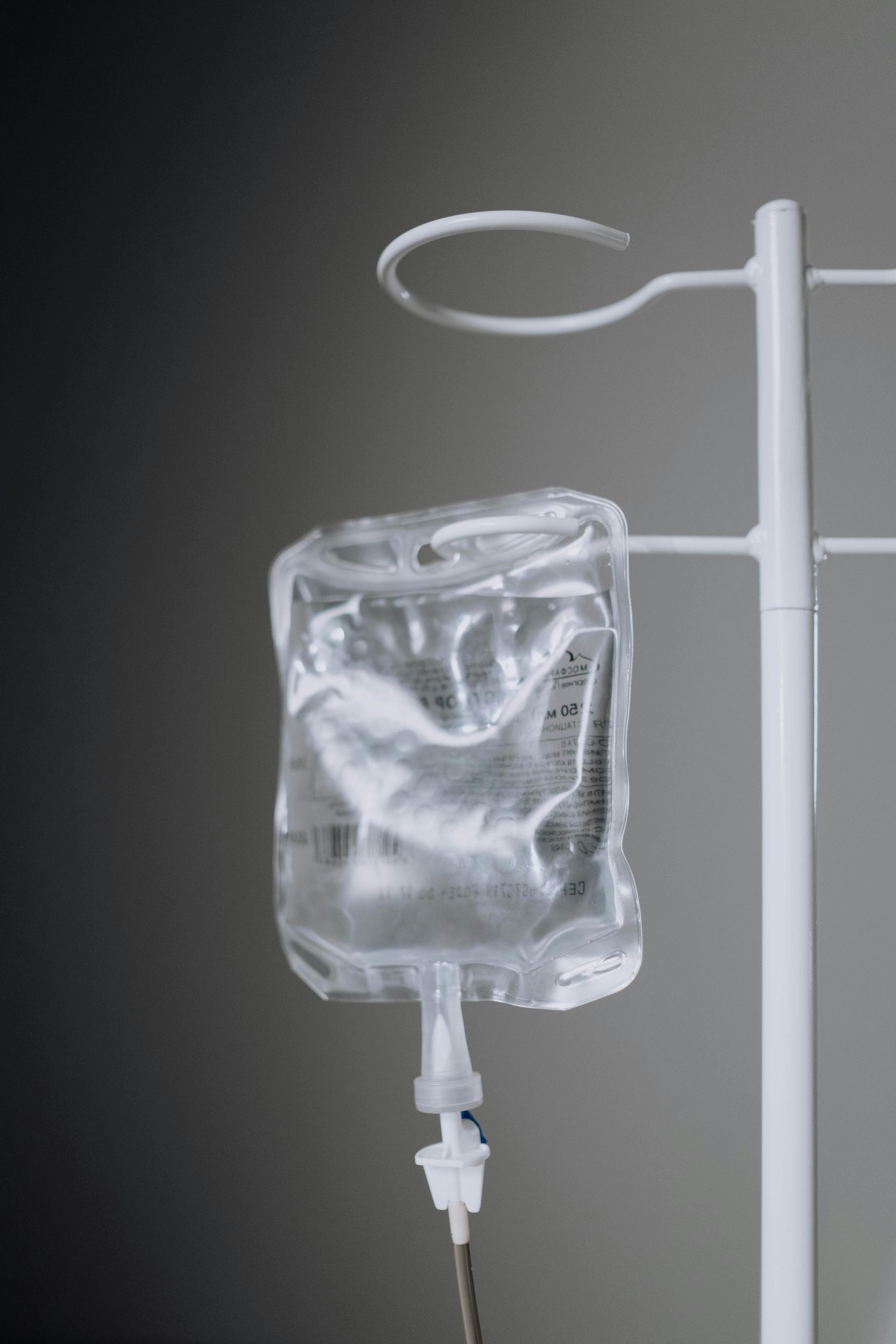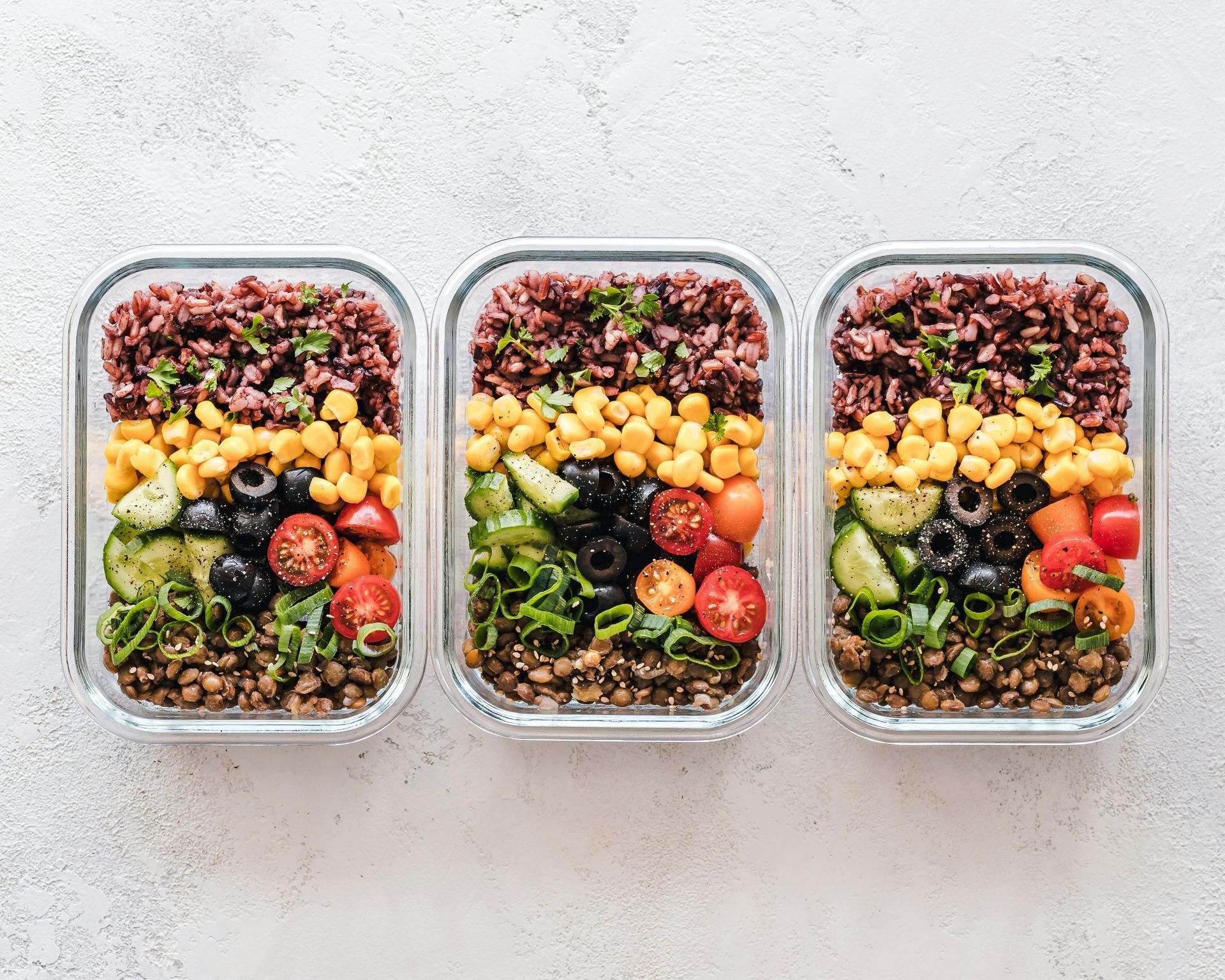An In-Depth Look at the Different Types of IV Fluids
In the world of health and wellness, IV therapy has emerged as a powerful and efficient way to deliver essential nutrients and hydration directly into the bloodstream. Whether you're an athlete recovering from an intense workout, someone looking to boost their immunity, or simply seeking rapid rehydration, understanding what goes into your IV drip is key. The effectiveness of a treatment lies not just in the vitamins and minerals added, but in the base fluid that serves as the foundation for the entire infusion.
At Elite Mobile IV, a team of experienced medical professionals brings personalized IV therapy directly to you. They use premium ingredients from FDA-approved compounding pharmacies to ensure every drip is of the highest quality. But what exactly is an IV fluid, and how do different types serve different purposes? Let's dive deep into the science behind these liquid lifelines.
The Foundation of Hydration: What Are IV Fluids?
Intravenous (IV) fluids are sterile, specially designed liquid solutions administered directly into a vein. This method bypasses the digestive system, allowing for 100% absorption and immediate benefits. IV fluids are primarily used to treat dehydration, restore electrolyte balance, and serve as a vehicle for delivering medications, vitamins, and other nutrients.
The vast majority of IV fluids fall into one of two main categories: Crystalloids and Colloids. The key difference between them lies in the size of their particles and how they behave once inside the body.
Crystalloid Solutions: The Most Common IV Fluids

Crystalloids are the workhorses of IV therapy. They are aqueous solutions of mineral salts and other small, water-soluble molecules that can easily pass through semipermeable membranes, such as the walls of your blood vessels. This allows them to distribute throughout the body's fluid compartments, including the interstitial spaces (the areas between your cells). They are the most common type of IV fluid used in both medical and wellness settings due to their effectiveness, low cost, and minimal side effects.
Crystalloids are further classified by their "tonicity," which refers to their concentration of dissolved particles (solutes) relative to the concentration of your blood plasma. This is a critical factor because it determines how the fluid will affect your cells.
1. Isotonic Solutions
"Iso" means "same," so isotonic solutions have a concentration similar to that of your blood. When administered, they cause no net fluid shift—the fluid stays primarily within the intravascular space (your blood vessels) and the interstitial space. This makes them ideal for fluid resuscitation and general hydration without causing cells to swell or shrink.
- Normal Saline (0.9% NaCl): This is the most widely used IV fluid in the world. It’s a simple solution of sodium chloride (salt) and sterile water. Normal saline is essential for treating dehydration, fluid loss from vomiting or diarrhea, and for carrying medications. It's the base for many of the foundational drips at Elite Mobile IV, such as the Hydration Bag, which is perfect for rehydrating with fluids and electrolytes.
- Lactated Ringer's (LR): A balanced solution containing sodium, chloride, potassium, calcium, and lactate. It's known as a "balanced" solution because its electrolyte composition closely mimics that of your blood plasma. This makes it an excellent choice for a wide range of applications, including surgical recovery, treating burns, and addressing severe fluid loss. It's a key component in a range of treatments, from Elite Mobile IV’s Myers Cocktailto more specific wellness infusions.
2. Hypotonic Solutions
"Hypo" means "low," so hypotonic solutions have a lower concentration of solutes than your blood. When these fluids are administered, the fluid moves from the blood vessels into the cells to balance the concentration. This causes the cells to swell. Hypotonic solutions are primarily used to treat cellular dehydration, which can occur in conditions like diabetic ketoacidosis.
- Half-Normal Saline (0.45% NaCl): A less concentrated version of normal saline. It's used when a patient's cells are dehydrated, but they have sufficient fluid volume in their blood vessels.
- D5W (5% Dextrose in Water): While it starts out as an isotonic solution in the bag, once the body metabolizes the dextrose (sugar), it essentially becomes pure water, which is a hypotonic solution. It provides free water for the kidneys and is useful for treating hypernatremia (high sodium levels in the blood).
3. Hypertonic Solutions
"Hyper" means "high," so hypertonic solutions have a higher concentration of solutes than your blood. When administered, the fluid moves from the cells into the blood vessels to dilute the concentrated fluid. This causes the cells to shrink. These solutions are used to treat conditions such as severe hyponatremia (low sodium levels in the blood) or cerebral edema (swelling of the brain), as they can help reduce fluid and pressure.
- 3% Saline (3% NaCl): A highly concentrated saline solution. It's used in emergency situations under close medical supervision to draw fluid out of the cells and reduce life-threatening swelling
Colloid Solutions: The Powerhouses of Volume
Unlike crystalloids, colloid solutions contain large, insoluble molecules, such as proteins, that are too big to easily pass through blood vessel walls. This means they stay within the intravascular space for a longer period, making them highly effective for quickly increasing blood volume and pressure. They are often referred to as "volume expanders."
While crystalloids are the standard for most wellness IVs, colloids are typically reserved for critical care and emergency situations, such as significant blood loss from trauma or surgery.
- Albumin: A natural protein found in human blood. It is a powerful colloid that helps maintain the body's osmotic pressure, preventing fluid from leaking out of the blood vessels.
- Dextran & Hetastarch: Synthetic colloids that mimic the properties of natural colloids, used for a similar purpose of rapid volume expansion.
IV Therapy in the Wellness Context
When you book a mobile IV drip from a service like Elite Mobile IV, the foundation of your personalized drip is almost always a crystalloid solution, such as Normal Saline or Lactated Ringer’s. These fluids provide the essential hydration your body needs while serving as a safe and effective carrier for a variety of nutrient add-ons.
For example, a client seeking a boost to their immune system would receive a crystalloid base with added vitamins and antioxidants like Vitamin C and Zinc. Someone looking to combat fatigue might have a base fluid infused with B vitamins and other energy-boosting compounds. The beauty of this approach is that the fluid itself is hydrating and balancing, while the added vitamins are fully absorbed for maximum benefit.
This is why IV therapy is a game-changer for so many people. It’s not just about what you're putting into your body; it's about the method of delivery. By bypassing the digestive system, you ensure that every drop of fluid and every molecule of nutrient is available for your body to use immediately.
The convenience of a mobile service is also a key factor. Whether you are in Greenville, Asheville, Charlotte, Raleigh, Knoxville, or Nashville, you can receive expert care in the comfort of your own home, office, or hotel. This eliminates the stress of travel and allows you to focus on feeling better faster.
In conclusion, IV fluids are far more than just "water in a bag." They are carefully formulated solutions designed to support your body's hydration, energy, and overall wellness. By understanding the different types and their specific functions, you can appreciate the science behind a quality IV therapy experience and make informed decisions about your health. The next time you're considering an IV drip, remember that the choice of fluid is the first step toward a more hydrated, energized, and vibrant you.






